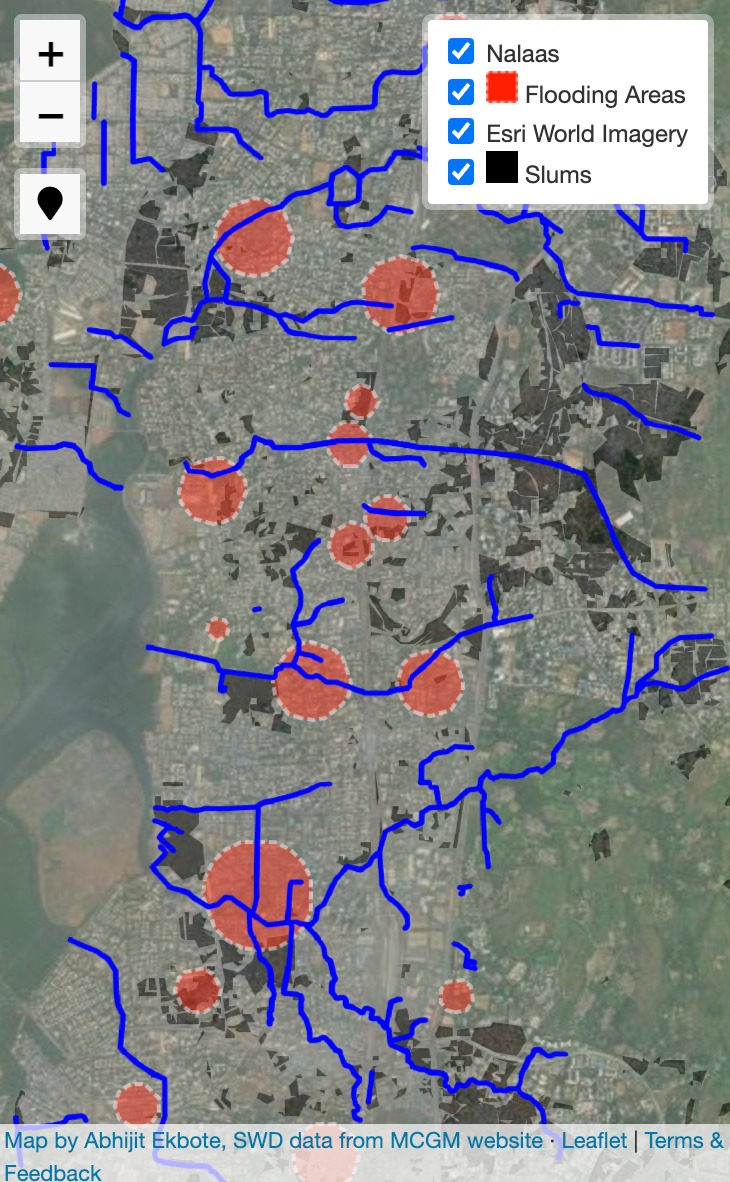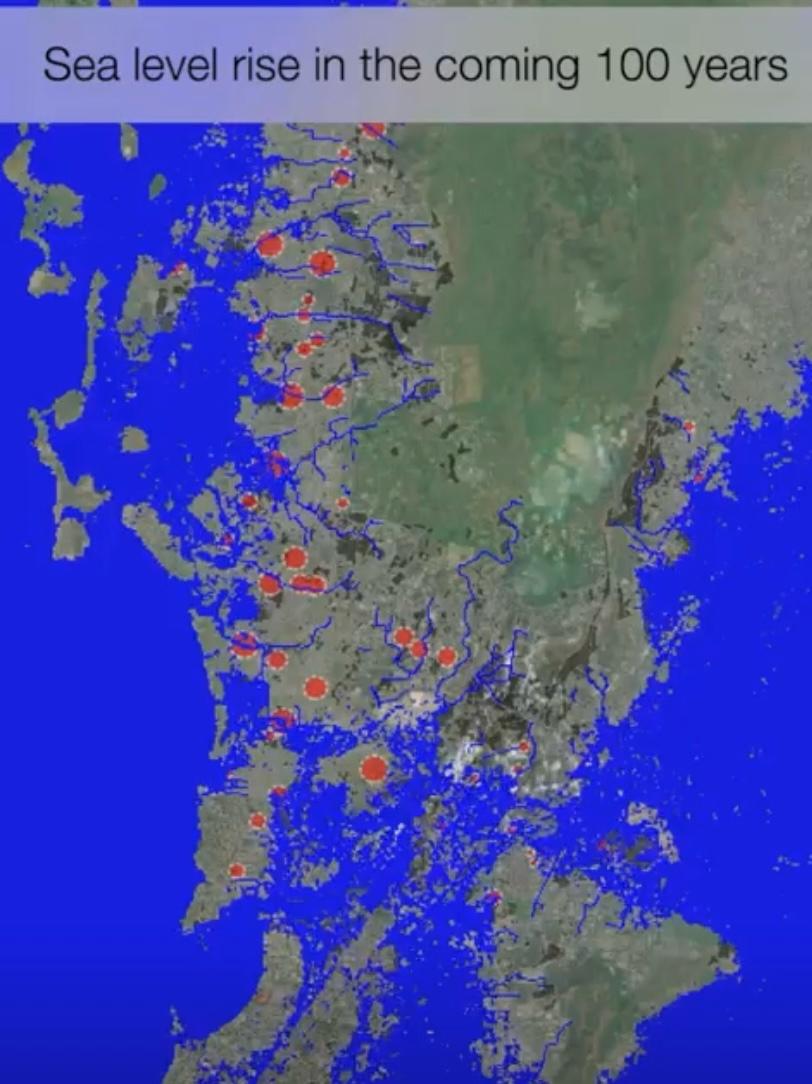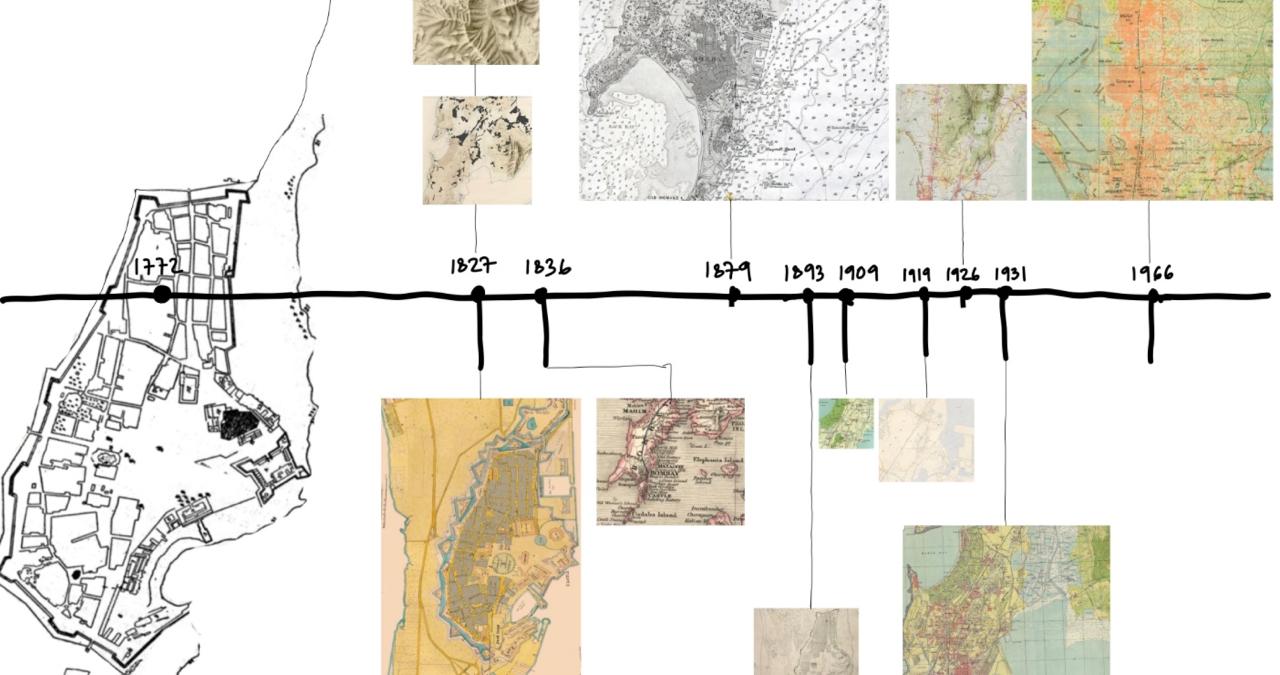Abhijit graduated as an architect in 1999 from CEPT University, after which he was engaged in private practice in Mumbai (Bombay). His early works were slum redevelopment in developer-driven as well as the NGO-driven modes, affordable housing for a cooperative, a dormitory for nuns, etc. After completing his post-graduation in Urban Design, he worked on several projects at an urban scale and developed the Geographical Information Systems (GIS) course, which was streamlined for architect graduates who were pursuing their post-graduation in Urban Design and Urban Conservation. Later he pursued a research project under the Erasmus Plus funded programme, Building Inclusive Urban Communities (BINUCOM) and structured the GIS course around it.
Subsequently he worked with Aga Khan Agency for Habitat India on Hazard Vulnerability Risk Assessment (HVRA) for certain settlements which were at natural and man-made risks, based on the method outlined by the World Risk Report. His other works based on the similar approach were multi-generational housing at Nairobi, Kenya and housing need assessment for the displaced communities in Salamieh, Syria. He was formerly the Secretary of MMR-EIS and MMR-HCS, which are societies formed by the MMRDA for funding initiatives towards the protection of environment and heritage in MMR.
He has worked on World Bank funded projects for Society for Promotion of Area Resource Centres (SPARC) on Mapping Amenities in Dharavi and Deonar and is currently working as a consultant on a UNDP funded project titled Closing the Loop. This project aims at designing a decentralised waste management system using nature based solutions with active community participation.
Subsequently he worked with Aga Khan Agency for Habitat India on Hazard Vulnerability Risk Assessment (HVRA) for certain settlements which were at natural and man-made risks, based on the method outlined by the World Risk Report. His other works based on the similar approach were multi-generational housing at Nairobi, Kenya and housing need assessment for the displaced communities in Salamieh, Syria. He was formerly the Secretary of MMR-EIS and MMR-HCS, which are societies formed by the MMRDA for funding initiatives towards the protection of environment and heritage in MMR.
He has worked on World Bank funded projects for Society for Promotion of Area Resource Centres (SPARC) on Mapping Amenities in Dharavi and Deonar and is currently working as a consultant on a UNDP funded project titled Closing the Loop. This project aims at designing a decentralised waste management system using nature based solutions with active community participation.



